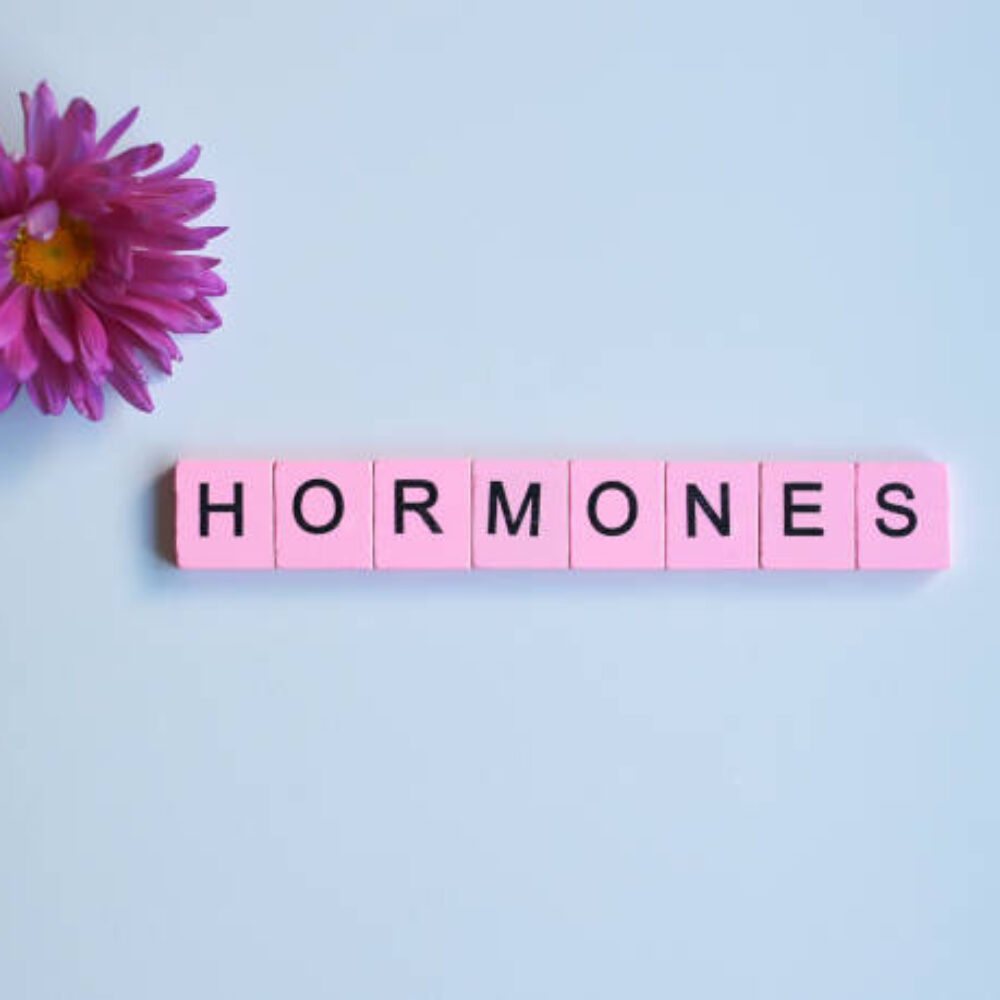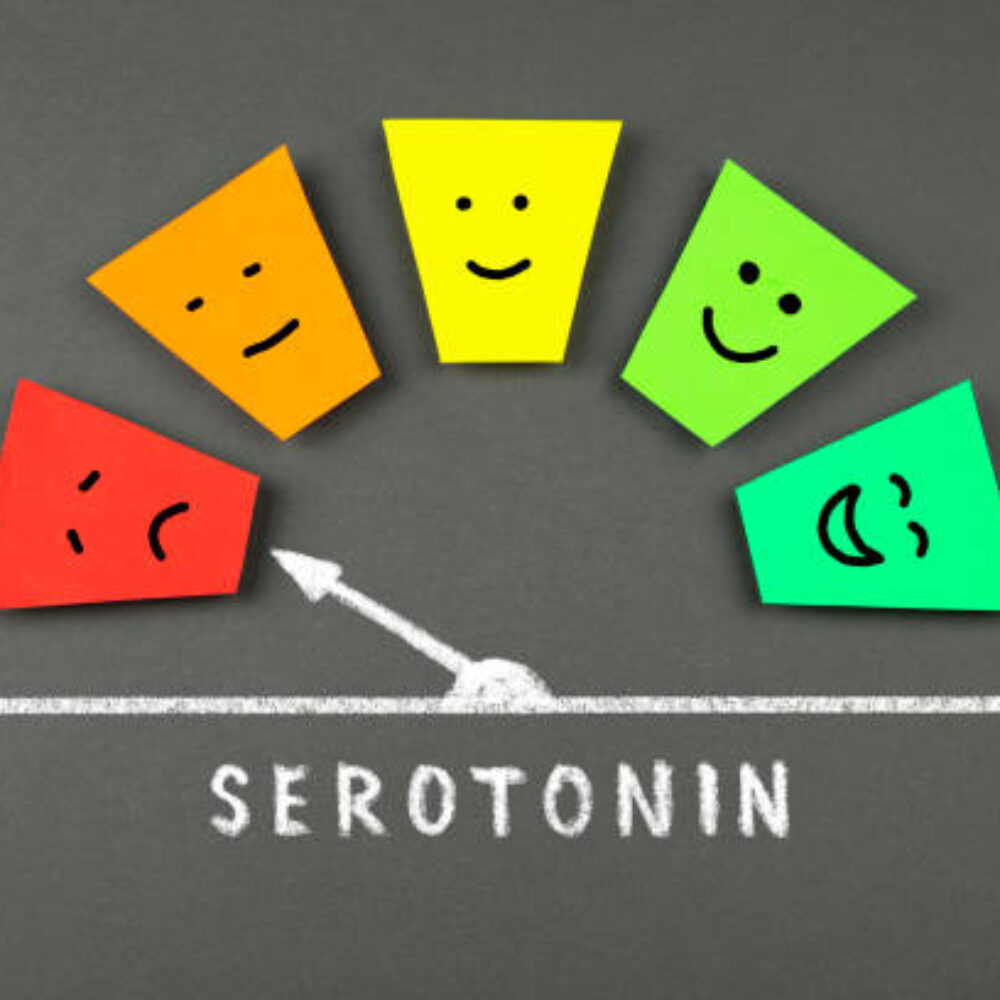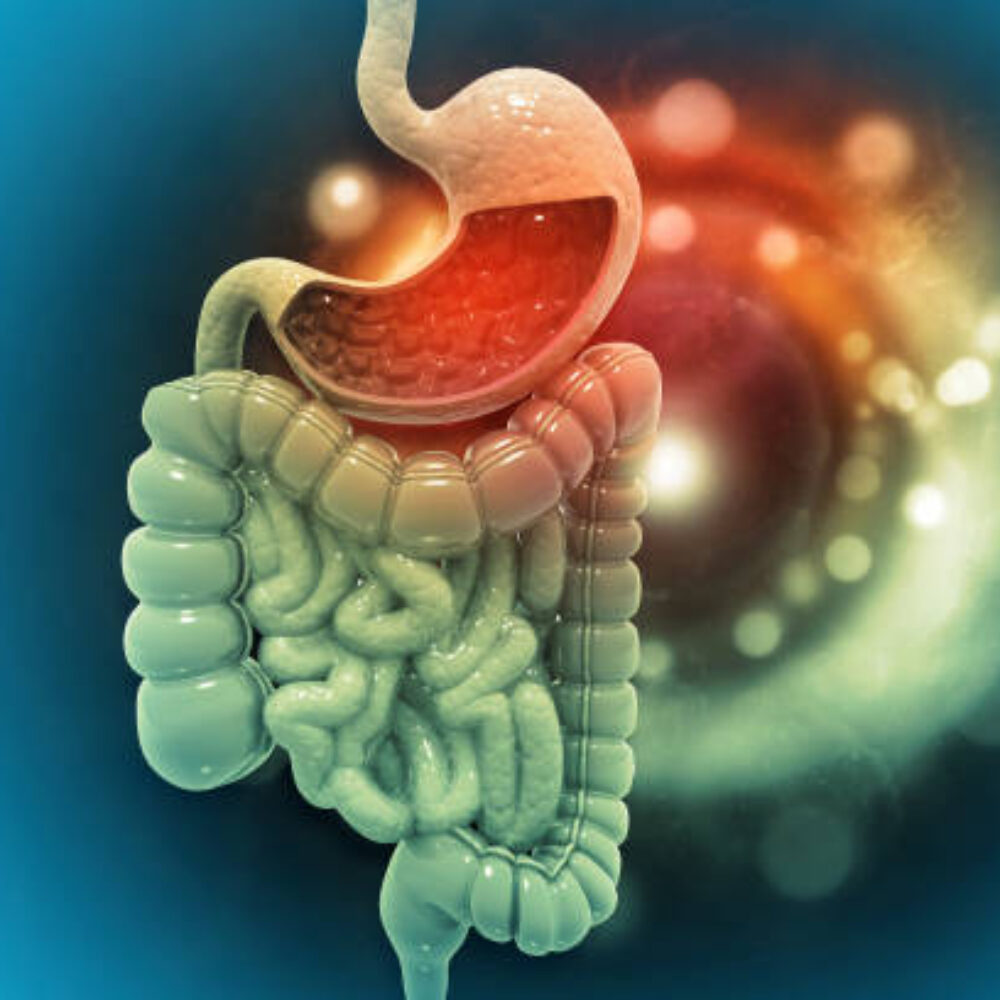The gut and brain are like best friends, constantly chatting with each other. This relationship is called the gut and brain connection. They communicate through a unique network of nerves, hormones, and even gut microbes.
This is why your stomach might feel upset when you’re nervous or why eating certain foods can affect your mood. When your gut is healthy, it can support better brain health, and when your brain is calm and balanced, it can help better digestion. It’s a two-way street of health and harmony!
Inside the body is a coiled tube five to eight meters long called the intestine. It has a nervous system. The gut reflects a person’s lifestyle, habits, and emotions. Some experts even refer to the gut as a kind of ‘ second brain’.
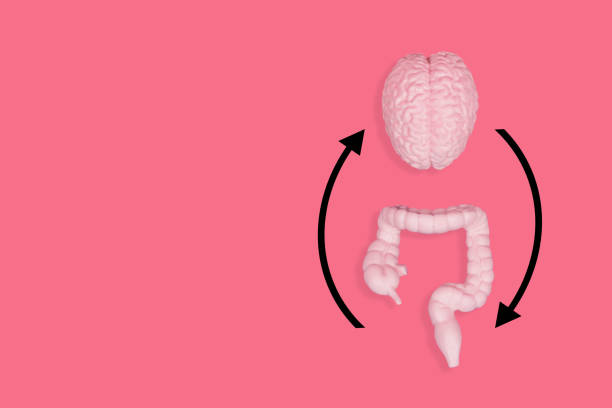
What Is the Gut and Brain Connection?
There are about 100 million nerve cells in the intestinal wall. This number is much less than what is in the brain, but this so-called ‘enteric nervous system’ allows the gut to control everything related to digestion.
For example, the transport of partially digested food, the absorption of nutrients by the intestinal wall, and the secretion of digestive enzymes.
The gut and brain are well connected, either through the vagus nerve or blood hormones. For example, the gut tells the brain when food is needed, and the brain can speed up or slow down the digestive process.
However, some microorganisms also have an effect. The gut is a breeding ground for these microorganisms. The gut and the microbiome have a linear relationship. Immune cells in the gut leave harmless microbes alone. In return, they aid in digestion.
Microorganisms break down complex carbohydrates and fiber, which the intestine cannot break down on its own. They also produce nutrients like vitamins B and K.
Microorganisms in the gut also work silently. They communicate with the gut and brain via signaling molecules to tell them what they are hungry for.
Some bacteria are also involved in the synthesis of serotonin, which has major effects on mood and sleep patterns. Stress, unhealthy eating habits, and disease can cause problems in this balanced system.
Digestion can become either too fast or too slow, and microbiome diversity can be lost. This can lead to intestinal inflammation or irritable bowel syndrome.
Some Research on the Gut and Brain Connection:
- The Gut-Brain Axis: Relation Between Enteric Microbiota, Central and Enteric Nervous Systems: PubMed Central
- The Gut-Brain Axis: PubMed Central
- Microbiota-Gut–Brain Axis and Its Therapeutic Applications: Nature
- Link Between the Gut Microbiome and Brain Function: Oxford Academic
- The Gut-Brain Axis: How Microbiota and Host Inflammasome Influence Brain Function: Frontiers
- The Brain-Gut Connection: Johns Hopkins Medicine
- The Gut-Brain Connection: Harvard Health discusses how the brain and the gastrointestinal system are discreetly connected, controlling conditions like anxiety, stress, and depression. Harvard Health
Experts have long suspected a link between bowel disorders and mental disorders such as depression or anxiety. However, more research is needed on this topic.
What is certain is that the gut and brain are intimately connected. Your gut reflects your emotions and remembers positive or negative experiences.
So sometimes, it’s good to listen to your gut feeling because it has a good idea of what is going on inside.
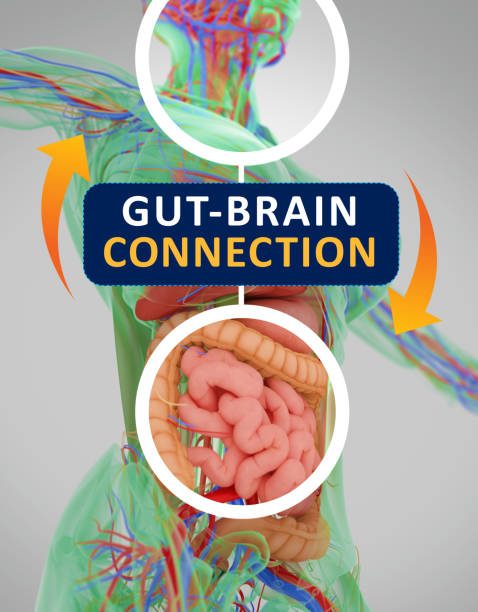
Can gut bacteria change your health?
Have you ever felt a different kind of sensation in your stomach when you’re excited or nervous? Or did you suddenly feel hungry after seeing a pizza ad on TV? Of course, you have; it’s because your gut communicates with your brain.
Your gut has its microbiome, a community of microscopic organisms like bacteria, viruses, fungi, and parasites that live inside the lining of your stomach.
There are four main microbiomes in the body: respiratory, skin, urogenital, and oral. Together, they create the human microbiome—a collection of trillions of microbes that live inside and on the body.
The importance of this tiny microbiome cannot be overstated because it helps protect the body against invading pathogens, activates the immune system, and aids in food digestion.
However, while most gut microbes are helpful, some can be harmful. Even the beneficial microbiota can cause problems such as infection or disease if they are out of balance.
The gut microbiome consists of all the microbiota living in our intestinal tract, including the stomach, though most are found in the colon, the longest part of the large intestine.
These microorganisms, especially bacteria, assist the body in breaking down carbohydrates, proteins, and sugars into beneficial nutrients, and they process fiber in the colon.
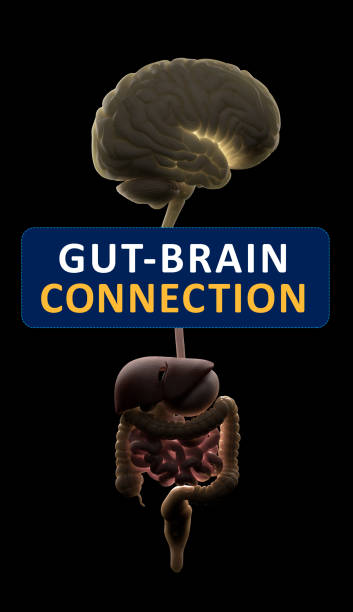
The affinity between gut microbiota and health is even more complex. Countless studies have shown a strong link between gut bacteria and conditions such as diabetes.
Additionally, consuming fiber can increase microbiota diversity, lower blood glucose levels, and help people keep a healthy weight. Add high-fiber food to your diet.

